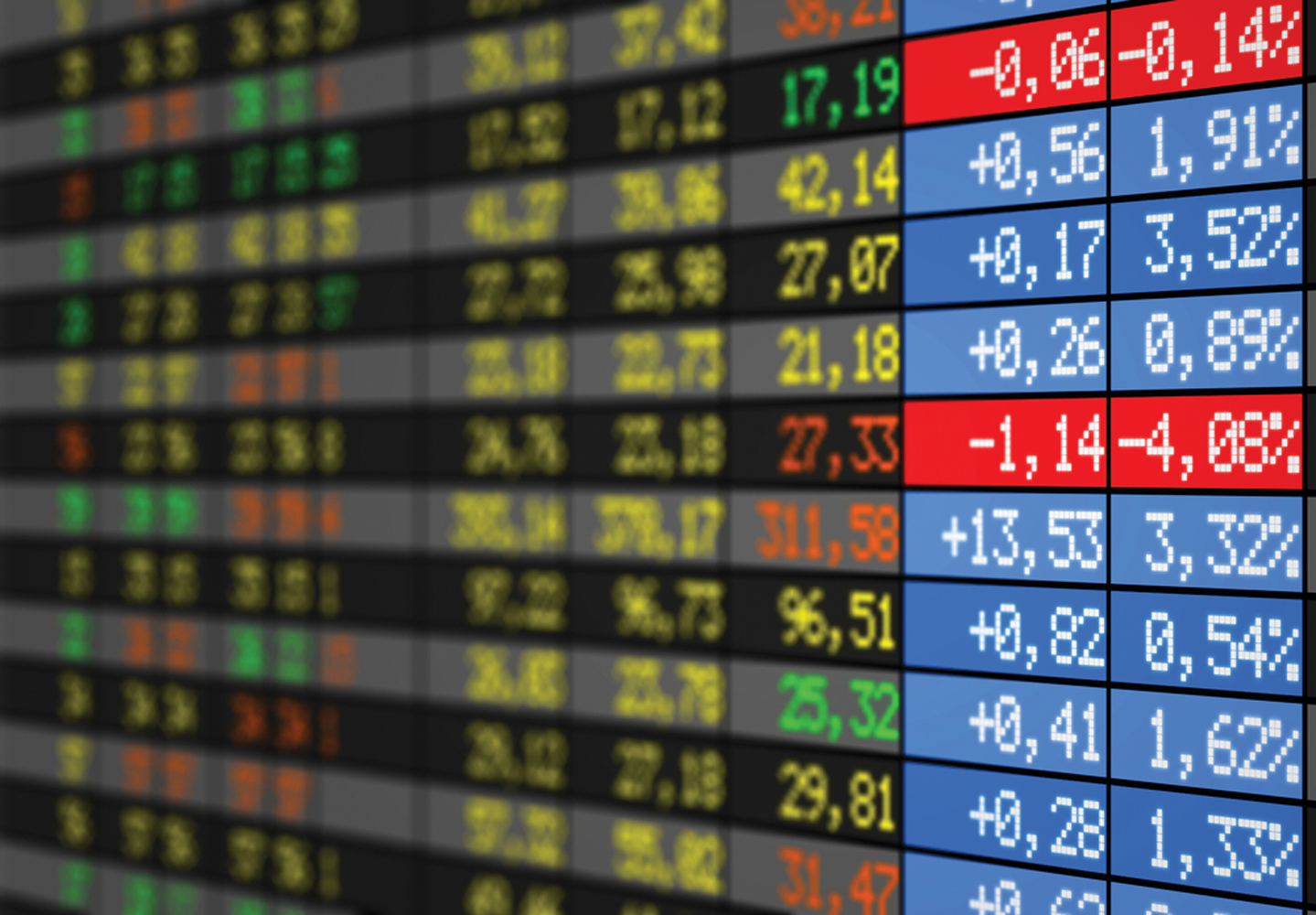Experienced Investor
The stock market: one year on

Guest Author:
Emma LunnTomorrow marks a year to the day that the Bank of England cut the base rate to 0.1%, while next week marks the anniversary of the FTSE bottoming out at 4,994.
The FTSE plummeted over widespread fear over what the pandemic could do to global growth and corporate profits. Dividend cuts were picking up speed, oil prices were on their way into negative territory, and perceived ‘haven’ assets such as the dollar, gold and bonds were performing strongly.
But, a year on, things are looking very different.
Russ Mould, AJ Bell investment director, said: “Any investors shrewd enough to have stored up some cash and brave enough to have started to take on more risk a year ago would have done remarkably well, as four data sets show.
“Portfolio-builders now must decide whether these trends will continue, further changes in performance trends since ‘Pfizer Monday’ on 9 November will dictate or even whether a further shift in gear is imminent.”
Global asset classes
It may seem hard to believe, but equities have been the best place to be over the past 12 months. As benchmarked by the MSCI All World index, global stocks have beaten commodities and bonds.

Wellness and wellbeing holidays: Travel insurance is essential for your peace of mind
Out of the pandemic lockdowns, there’s a greater emphasis on wellbeing and wellness, with
Sponsored by Post Office
Government bonds, in theory a port in a storm, have provided no shelter with capital losses more than offsetting any yield that they offered.
“There have been subtle changes since November. Commodities have taken the lead from equities and high yield bonds have started to flag. Meanwhile, the rout still seems to be on when it comes to investment-grade corporate and government bonds,” said Mould.
Stock markets
All of the major equity options have gained. Asia and Japan have performed consistently well, perhaps thanks to the relatively low number of pandemic cases they have suffered and their rapid, robust approach test, track and trace as well as containment.
America’s domination of early 2020 has faded and it is prior laggards who have come to the fore – emerging markets and the UK equity market have put on a spurt, finding itself outpaced by just Eastern Europe and the Africa/Middle East region since November.
“This may be down to the perception that the UK is ahead of the game when it comes to vaccination programmes, having previously struggled to contain the virus,” said Mould, “Technology continues to grab the headlines, especially as a raft of new initial public offerings tempts investors’ wallets. But miners, industrials and consumer discretionary stocks have all beaten tech over the past 12 months and oil has been the best performer of the lot, to reaffirm the adage that the darkest hour is before the dawn.”
Meanwhile, sectors that looked reliable going into a pandemic – utilities, consumer staples and even healthcare – have lagged, a trend that has become ever-more noticeable since the Pfizer-BioNTech announcement of last autumn.
UK stocks
These ‘big picture’ trends can be seen on a bottom-up basis in how individual UK equities have performed.
There has been a clear switch from defensives to turnaround plays; and from ‘growth’ to ‘value’, from pandemic winners to bounce-back candidates.
Mould said: “The list of the FTE 350’s best 20 performers over the last year includes pandemic winners like AO World, gaming and gambling plays 888 and Playtech, as well as comfort food provider Premier Foods. But they are outnumbered by miners and other economically-sensitive names like Virgin Money UK, while the prevalence of bid candidates like William Hill, G4S and KAZ Minerals hints at the value that the downtrodden UK market offered a year ago.
“Perhaps the best approach now to tactical or strategic asset allocations is to heed the words of another investment legend, Sir John Templeton, who asserted that ‘Bull markets are born on pessimism, grow on scepticism, mature on optimism and die on euphoria.’”